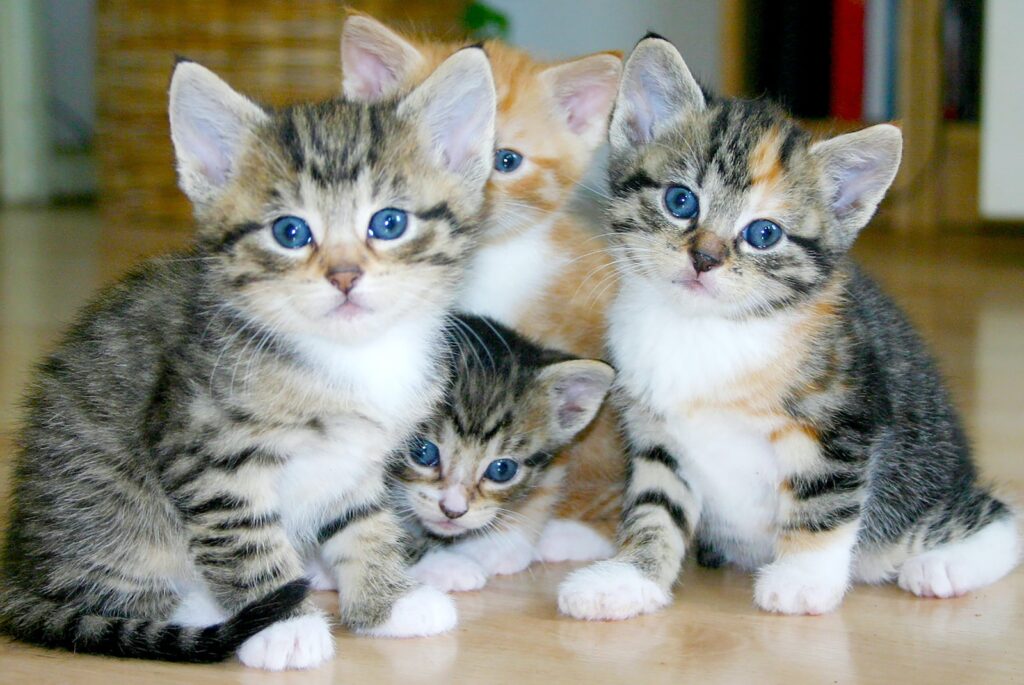Can Cats Eat Hummus? — No, They Can’t
Hummus, a popular Middle Eastern dip made from chickpeas, olive oil, and various spices, is a flavorful and nutritious snack for humans. However, when it comes to our feline friends, hummus is not suitable for their consumption.
Is It Safe for Kittens to Consume Hummus?
Just like adult cats, kittens should not be given hummus. The ingredients and spices used in hummus can be harsh on their developing digestive system. It is best to avoid feeding hummus to kittens to prevent any potential health issues.
Risks Associated with Feeding Hummus to Kittens
Feeding hummus to kittens can pose several risks to their health. The high salt content and spices used in hummus can lead to digestive upset and may even cause diarrhea or vomiting. Additionally, the presence of garlic and onion in some variations of hummus can be toxic to kittens, affecting their red blood cells and leading to anemia.
Why Hummus is Not Recommended for Cats
Texture and Consistency
Cats have specific dietary requirements, and the texture and consistency of hummus do not align with their natural food preferences. Hummus is too thick and paste-like for cats, making it difficult for them to swallow and digest properly.
High Fat and Sodium Content
Hummus often contains olive oil, which is high in fat. While fat is an essential nutrient for cats, excessive consumption can lead to weight gain and obesity. Additionally, the high sodium content in hummus can be detrimental to a cat’s kidney function, leading to potential health complications in the long run.
Toxic Ingredients and Spices
Some variations of hummus may include toxic ingredients and spices, such as garlic and onion. Cats are particularly susceptible to the toxic effects of these ingredients, which can damage their red blood cells and cause anemia. It is crucial to keep hummus and any food containing garlic or onion away from cats.
Known Health Issues in Cats from Consuming Hummus
If a cat consumes hummus, they may experience digestive issues such as diarrhea, vomiting, and stomach discomfort. In severe cases, the ingestion of hummus containing garlic or onion can lead to anemia, which may result in weakness, pale gums, and lethargy. It is important to monitor a cat’s behavior and seek veterinary attention if any concerning symptoms arise.
What to Do If a Cat Has Consumed Hummus?
- Immediate Attention: If you suspect your cat has consumed hummus, especially if it contained garlic or onion, contact your veterinarian immediately for guidance.
- Water Intake: Encourage your cat to drink plenty of water to help flush out any potential toxins and aid in maintaining proper hydration.
- Monitor Symptoms: Keep a close eye on your cat’s behavior and watch out for any signs of digestive distress, weakness, or pale gums. Promptly report any concerning symptoms to your veterinarian.
Safe Alternatives to Hummus for Cats
While cats shouldn’t have hummus, there are plenty of safe and healthy alternatives that you can offer them as treats:
- Boiled chicken or turkey
- Plain cooked fish
- Steamed vegetables like carrots or green beans
- Commercially-available cat treats
Always consult with your veterinarian to ensure you choose appropriate and safe alternatives for your cat’s individual dietary needs.
Conclusion
In conclusion, cats should not eat hummus. While this delicious dip may be tempting to share with your feline companion, it can potentially harm their health. The texture, high fat and sodium content, as well as the presence of toxic ingredients like garlic and onion, make hummus unsuitable for cats. It is crucial to prioritize their safety and well-being by providing them with a balanced and appropriate feline diet. If you suspect any issues after your cat has consumed hummus, consult your veterinarian for guidance.






